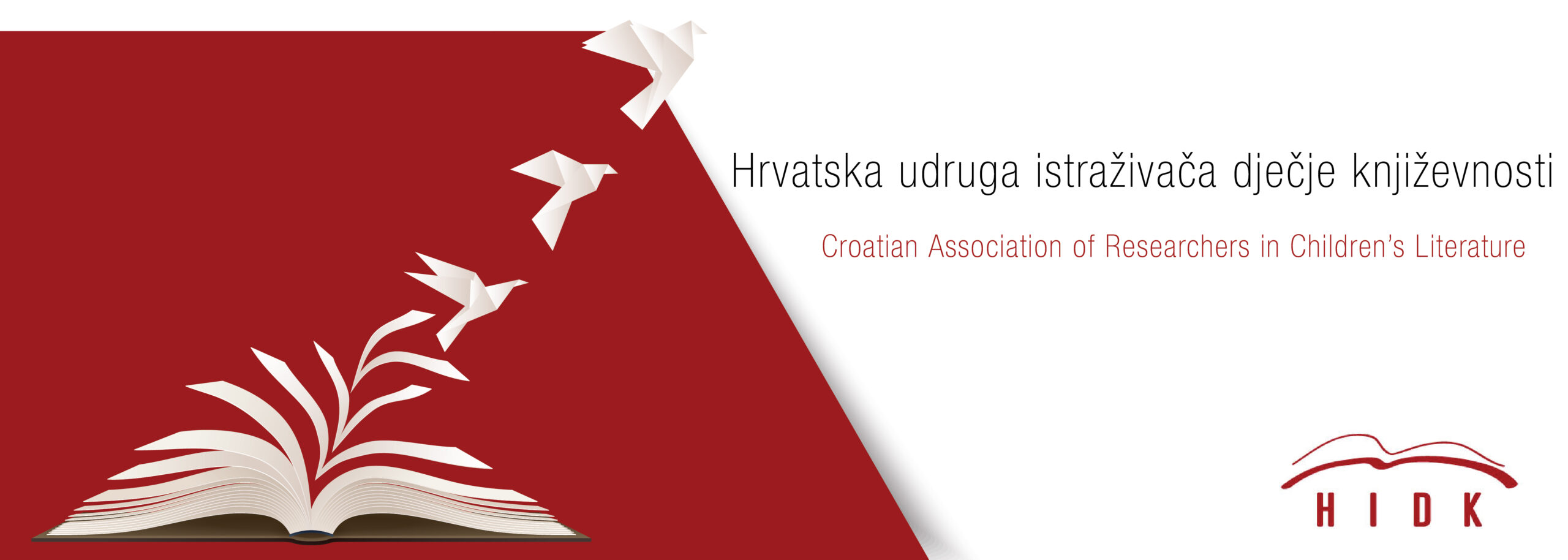Prilog: CFP Postcommunist Children’s Culture
Dear Colleagues,
We would like to invite you to submit articles to Miscellanea Posttotalitariana Wratislaviensia, a peer-reviewed scholarly journal published by the Interdisciplinary Research Center for Post-totalitarian Studies of the Institute of Slavic Studies (University of Wrocław, Poland) and indexed in Czasopisma Naukowe w Sieci (CNS), The Central European Journal of Social Sciences and Humanities (CEJSH), and Cambridge Scientific Abstracts (CSA, ProQuest). More specifically, we are seeking for essays and reviews for an issue on Post-communist Children’s Culture in Central, Eastern, and Southeast Europe, which will be devoted to mapping new phenomena in children’s literature and media culture that have emerged during the transition from late communism to late capitalism. As Anikó Imre argues in Globalization and the Transformation of Media Cultures in the New Europe (2009), children from Central, Eastern, and Southeast Europe are post-communist subjects for whom communism is an inherited memory, whose perspectives, values and skills differ from those of older generations, and whose subjectivities are developing in the shadow of adults’ anxieties about this divide. As sources of knowledge and social capital, children’s cultural products both reflect and attempt to resolve tensions caused by the formation of new individual and collective subjectivities. Exploration of regional, European and global affiliations shaping contemporary children’s culture in post-communist Europe offers a vital contribution to a broader inquiry into processes of cultural change and their significance for the formation of national identity in post-totalitarian countries. Contributions are welcomed from a range of fields, such as popular culture, new media, games, literature, education, and childhood.
Possible areas of investigation:
– reflective and restorative nostalgia for communist children’s entertainment vs. technoeuphoria, neoliberalism, and the celebration of transnational mobility
– childhood heritage
– globalization vs. localization
– children’s culture and Eurocentric values (e.g. the “Catching up with Europe” project, a pan-European democracy, the EuropaGO project)
– children’s relations with interactive media, peer-to-peer technologies and participatory culture
– edutainment vs. centralized, nationalized and literature-based education
– children’s culture and citizenship education
– nationalisms, ethnocentrism, homophobia, misogyny, racism, and xenophobia in children’s culture
– relations between children’s and adult media cultures
– children’s books markets
– promotion of children’s literature and culture
Essay should be sent to Justyna Deszcz-Tryhubczak (justyna.deszcz-tryhubczak@uwr.edu.pl) andMateusz Świetlicki (mateusz.swietlicki@uwr.edu.pl) by 10th April 2017. Submissions should be 5000-6000 words. We will aim to reply to authors by 20th April 2017, with the aim of arranging reviews and completing revisions for 15th June and publication by the end of 2017. Please keep in mind that the essays must satisfy the formal requirements provided below.
Respectfully,
Guest Editors
Dr. Justyna Deszcz-Tryhubczak (Institute of English Studies, University of Wroclaw)
and Dr. Mateusz Świetlicki (Institute of Slavic Studies, University of Wroclaw)
